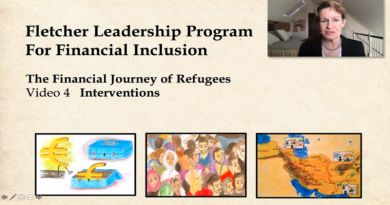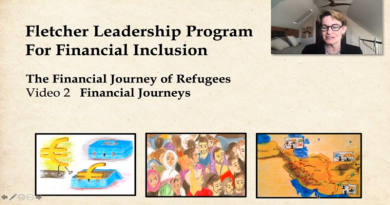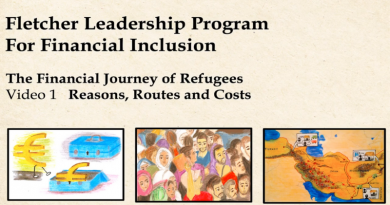By Catherine Wanjala, under the supervision of Kim Wilson.
Uganda’s 1.4 million refugees have trekked into the country, fleeing violence and conflict in South Sudan, Democratic Republic of Congo, Burundi, Somalia, and other regional neighbors. They came to Uganda sometimes intentionally, sometimes merely following the crowd, but all looking for peace. Through in-depth interviews with 30 refugees in Kampala in August 2019, we found that many urban refugees have found only partial peace, continuing to confront insecurity in displacement. Their experiences and fears of violence are limiting their livelihoods opportunities, their interest in integration, and even their willingness to send their children to school.
Read More





